Top Things To Do In Panama In 2026
Panama’s geographic size is modest, but its global relevance is not. The country connects two oceans and two continents, operates on a dollarized...
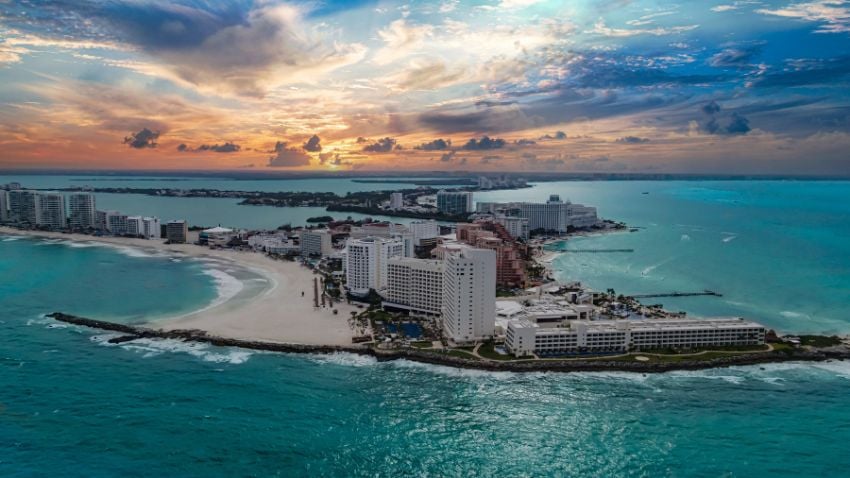
4 min read
Mexico is a popular tourist destination given its landscapes, historical heritage, delicious cuisine and welcoming people. Even though it is true that cartels and criminal gangs still operate in the country, as long as you take basic precautions, you are good to go. Despite its potential danger, Mexico still attracts plenty of tourists each year. But that is not everything.
Some expats decide to move to Mexico given its low cost of living, cheap labour, and good weather, among other factors. This country is the number one destination for Americans going overseas. Although Mexico is popular among retirees looking for a good place to make the most of their pensions, it also counts with digital nomads and freelancers. Now that working remotely is possible and has become normalized, even regular workers are moving here.
You can rent or buy a property if you also plan to move to Mexico. However, you cannot own a place anywhere in Mexican territory because the country’s constitution forbids foreign land ownership within the restricted zone. The 27th article of the Mexican Constitution stipulates that a foreigner can’t own land within 100 kilometres of any national border and 50 kilometres of any ocean.
But for every law, there is a loophole. If you dream of owning a beachfront property, you can use a corporation or a trust. Today I will teach you the latter.

Mexico has low cost of living, cheap labour and good weather
The concept of trust, in Spanish ‘fideicomiso,’ has existed for multiple years. It is believed that the Roman Emperor Augustus Caesar was a pioneer in the asset management industry. Many civilizations have created tools to secure their wealth and pass it on to descendants or widows.
With time, trusts have become more sophisticated, and in case you want to move abroad, a trust might simplify investments, asset management and wealth protection. Given its former status as a Spanish territory, Mexico has inherited a Civil Law system, but like Monaco, it offers its particular trust.
The Mexican constitution prohibits the foreign ownership of property in the Restricted Zone. However, in 1973, President Luis Echeverria modified the foreign investment laws, allowing foreigners to own property there. In 1992, Carlos Salinas de Gortari modified the Constitution so that a Mexican Bank could be an intermediary between foreign investors and the Mexican Government. This will allow you to own property even in the Restricted Zone.
Related content: The Differences Between Trusts And Foundations
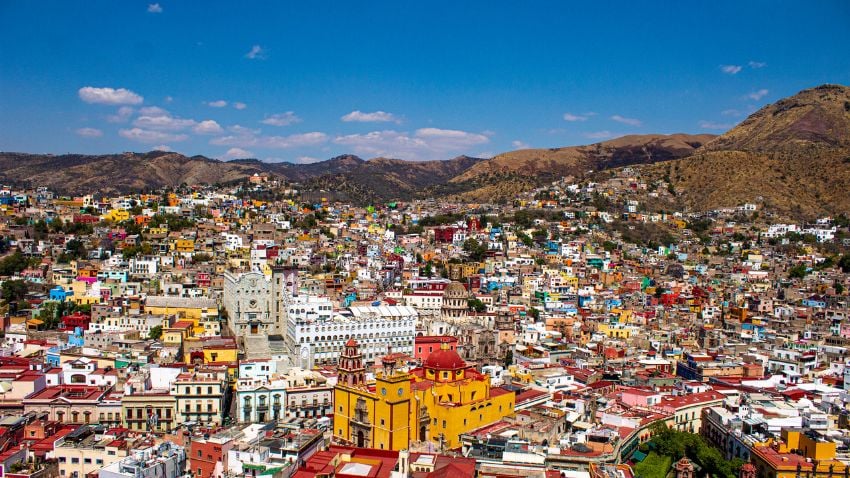
Mexico has inherited a Civil Law system and it offers its particular trust.
As you can tell, a ‘fideicomiso’ is a loophole. In reality, through this kind of trust, the real owner of the property is your trustee. Let us recall the basics of a Trust: it is a three-party agreement between a grantor, a trustee and a beneficiary. The grantor delegates the management of their assets to a trustee, who will manage them according to the grantor’s instructions. The trustee must strictly follow the Trust Deed, thus giving the beneficiaries what they deserve.
A Mexican ‘fideicomiso’ or Bank Trust is no different. In short, this legal tool allows non-Mexicans to own and use residential Real Estate in Mexico.
As a three-party agreement, you delegate the management of assets to a trustee, who must be a Mexican Bank or financial entity. However, according to Mexican Law, the assets will not be part of the trustee’s portfolio or net worth of reserves. Delegating responsibilities might look like a dangerous move because, in principle, you have no control over the assets, but in practice, the trustee must strictly follow the trust deed’s guidelines. And in most cases, the real asset manager is the beneficiary or other third parties. And the beneficiary can be you.
The Bank Trust agreement occurs between a foreign buyer and a Mexican Bank. The bank represents the buyer and must follow the foreign buyer’s instructions. Then, the buyer (the owner) can improve, expand, alter, build, lease and sell the property. In other words, you can use the property as you please and instruct your trustee what to do with it, for example, transfer it to a new owner or heir.
As a new trust owner, choosing a bank trust or financial institution to manage it is important. You will draft an agreement that outlines the benefits you'll receive as the primary beneficiary and also name a secondary beneficiary who will inherit the trust in the event of death, disability, or mental illness. Setting up the trust typically requires an upfront fee, ranging from $700 USD on average, and varies based on the type of property and the chosen institution. There are also annual fees that may differ from one institution to another. The trust can be established for a term of 50 years and can be extended for another 50 years at the end of that term if desired.
Related content: The Basics Of How To Get A Second Passport Or A Second Residency
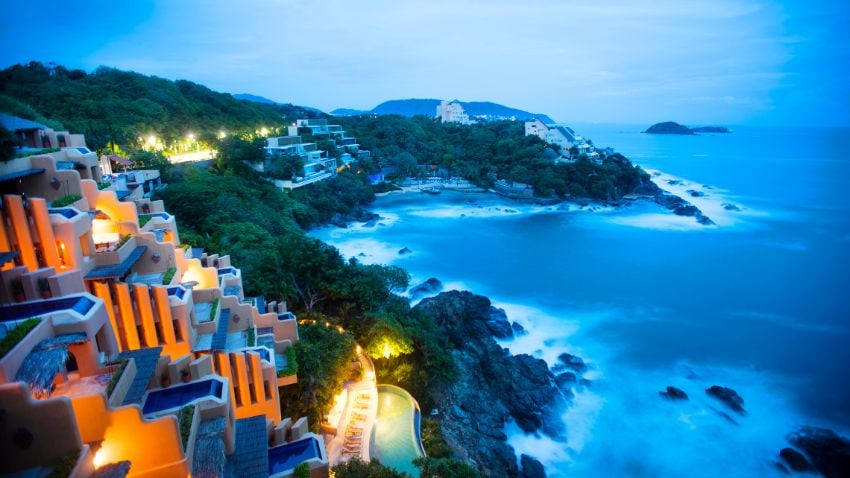
A Mexican ‘fideicomiso’ or Bank Trust allows non-Mexicans to own and use residential Real Estate in Mexico
Having said this, let’s take a look at how you set up a Mexican Bank Trust.
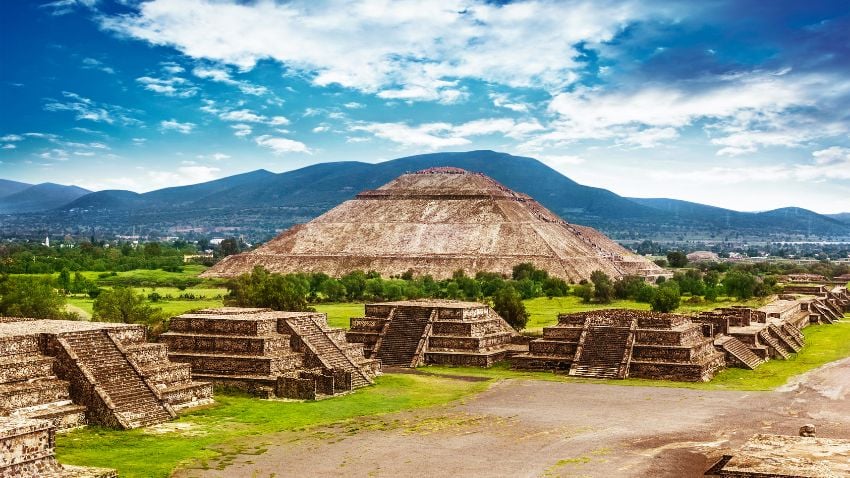
You must obtain permission from the Mexican government to set up a Mexican Bank Trust
The maintenance costs of a Bank Trust vary according to several factors, such as the property category, the bank you select, and the services you hire. However, here are some habitual costs.
Contacting multiple banks to know more about their services and price points is always a good idea.
Related content: Mexico Permanent Residency Made Easy
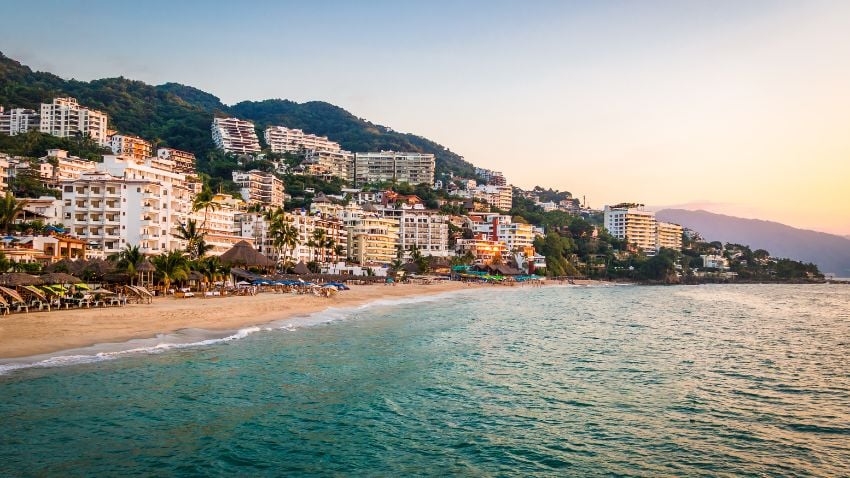
Mexican Bank Trust allows you as a foreigner to own Real Estate and use it how you like
The Mexican Constitution prohibits, in principle, the foreign ownership of land in the Restricted Zone, but a Mexican Bank Trust is an excellent loophole to skip this rule. With this tool, you can own Real Estate and use it how you like, including renting, selling and improving it. The Bank will act as a trustee, and you will be the beneficiary and the person instructing how the property will be used for 50 years.
If you need to go the extra mile (no pun intended), remember that I have over 20 years of experience as an expat and have helped other aspiring expats secure their new lives abroad. If you want to book a session, contact me, and I will devise the right plan for you.
If you want the best intel from the expat world, including profitable offshore opportunities, little-known tax-saving strategies, and hard-won insights on immigration, passports, and Plan-B residencies, all delivered to your inbox every single week, then join our daily correspondence, EMS Pulse®. Currently enjoyed by over 84,000 expats and expat-hopefuls worldwide. Fill in the form below to join our newsletter free:

Written by Mikkel Thorup
Mikkel Thorup is the world’s most sought-after expat consultant. He focuses on helping high-net-worth private clients to legally mitigate tax liabilities, obtain a second residency and citizenship, and assemble a portfolio of foreign investments including international real estate, timber plantations, agricultural land and other hard-money tangible assets. Mikkel is the Founder and CEO at Expat Money®, a private consulting firm started in 2017. He hosts the popular weekly podcast, the Expat Money Show, and wrote the definitive #1-Best Selling book Expat Secrets - How To Pay Zero Taxes, Live Overseas And Make Giant Piles Of Money, and his second book: Expats Guide On Moving To Mexico.

Panama’s geographic size is modest, but its global relevance is not. The country connects two oceans and two continents, operates on a dollarized...

Honduras’ newly elected president, Nasry Asfura of the conservative National Party, was sworn in on January 27, 2026. The election, held on November...

For a growing number of Americans, cost-of-living math no longer works. Housing feels harder to reach, everyday costs keep climbing, and long-term...